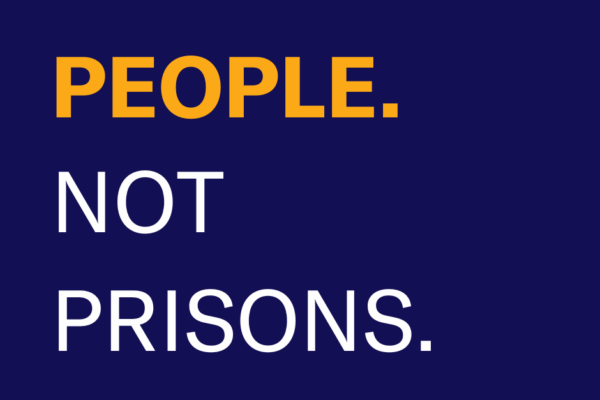DELAWARE (statewide)– The Roderick & Solange MacArthur Justice Center (MJC), American Civil Liberties Union of Delaware (ACLU-DE), and the Innocence Network have filed an amicus brief with the Delaware Supreme Court today in support of Mr. Darnell Martin, who was prevented by the state’s Superior Court from challenging his conviction—not based on merit, but simply because he was no longer in state custody.
This strict interpretation of Delaware Criminal Rule 61 – which governs post-conviction relief – effectively robs many Delawareans of the opportunity to challenge their convictions. Even if an individual can prove that they are factually innocent, they can be prevented from challenging solely because they are not incarcerated or do not remain incarcerated long enough to complete the process. Yet the consequences of convictions outlive incarceration. Many people suffer job loss, ineligibility for education programs, difficulty securing housing, inability to vote, deportation and more.
“As long as the State continues using convictions to deny people basic civil, political, and economic rights, those people deserve one full opportunity to have a judge decide whether those convictions are valid,” MJC Attorney Brendan Bernicker said. “The Superior Court’s decision denies people their day in court even if they file timely challenges to their convictions which raise arguments that they have never been able to raise before.”
The Superior Court’s interpretation conflicts with 53-year-old precedent established by the Delaware Supreme Court in Gural v. State. In that case, the Court decided that concerns about maintaining the finality of convictions should not condemn Delawareans to suffer from ongoing collateral consequences of potentially wrongful convictions. But under the Superior Court’s new ruling, not only would the courthouse doors be locked to those no longer in custody; the State would also have newfound power to make Rule 61 motions go away simply by dragging its feet until a person is released from custody.
“Living with a record in Delaware means living with constant barriers to education, employment, housing, and more. Foreclosing people’s ability to challenge wrongful or unconstitutional convictions will impact their ability to clear their record through the State’s expungement process,” said John Reynolds, Clean Slate DE Campaign Manager at ACLU-DE. “The Superior Court’s current ruling subjects the individual and their entire family to the damaging and indefinite consequences that accompany a conviction record.”
With at least 3,373 wrongfully convicted people having been exonerated in the United States since 1989 after collectively serving more than 28,700 hours in prison, it is abundantly clear that finality is not an unmitigated good. MJC, ACLU of Delaware, and the Innocence Network are hopeful that the Delaware Supreme Court will reverse the Superior Court’s strict interpretation of Rule 61 and allow Delawareans to fairly challenge their convictions when eligible.
Stay Informed
Sign up to be the first to hear about how to take action.
By completing this form, I agree to receive occasional emails per the terms of the ACLU’s privacy statement.
By completing this form, I agree to receive occasional emails per the terms of the ACLU’s privacy statement.

